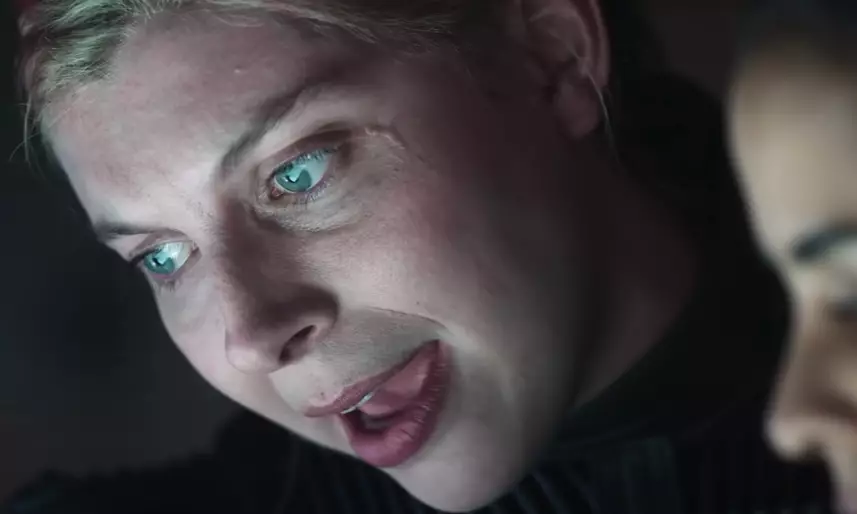Microsoft’s journey in adapting its beloved video game franchises into film and television has been fraught with both triumphs and setbacks. The recent foray into transmedia projects showcases a relentless spirit, despite the mixed reception of prior adaptations like the “Halo” TV show. Phil Spencer, the CEO of Microsoft Gaming, acknowledges the learning curve involved in such ambitious endeavors. While they didn’t strike gold every time, each project contributes to a broader understanding of storytelling beyond gaming. This eye for growth reflects a corporate philosophy that prioritizes innovation through experience—a tactic not often cited in the fast-paced tech world.
The Upcoming Slate
With the forthcoming release of “A Minecraft Movie,” which hits theaters on April 4, Microsoft is poised to capitalize on its iconic title’s vast universe. Featuring prominent actors such as Jack Black and Jason Momoa, the film adapts the game’s limitless potential into a narrative, even though it does not align with any singular storyline from the game itself. This approach emphasizes creativity over canon—a decisive shift in how gaming narratives can be expanded in film. Following closely is Season 2 of the “Fallout” TV series, which has already carved out a space for itself on Prime Video, suggesting that adaptation doesn’t have to be a one-size-fits-all journey.
From Xbox Entertainment Studios to Netflix Ventures
Historically, Microsoft’s forays into the cinematic landscape were signaled by the establishment of Xbox Entertainment Studios, which ultimately shuttered in 2014. However, the resurgence of interest in adapting video game narratives is leading to exciting projects, including a “Gears of War” movie and television series on Netflix, along with a show inspired by Obsidian’s “Grounded.” The Netflix partnership is particularly indicative of a renewed strategy, tapping into the platform’s vast audience and resources, marking a significant shift from previous missteps.
The Economics of Gaming Adaptations
What can be considered the commercial viability of these adaptations? Microsoft is betting big on the “Minecraft” movie, projecting a substantial opening weekend of around $60 million in the U.S. and Canada—a figure that would position it alongside previous gaming hits like “Sonic the Hedgehog.” The economic stakes are high, and with “Minecraft” being one of the best-selling games of all time, the potential for success is considerable, perhaps even paving the way for a more extensive cinematic universe around major gaming franchises.
Building Confidence through Trial
Spencer’s insights reveal a commitment to experimentation, suggesting that failure is a necessary part of the process. This mindset resonates with the gaming community, which has often embraced risk and creativity in game design. As Microsoft seeks to extend its influence into Hollywood, gamers are invited to witness a new chapter where video game narratives flourish outside their typical confines. The willingness to engage in projects that may not pan out is promising; it implies that major corporations are beginning to recognize the artistic and commercial value of their stories, opening pathways for a future where gaming and cinema beautifully intertwine.

